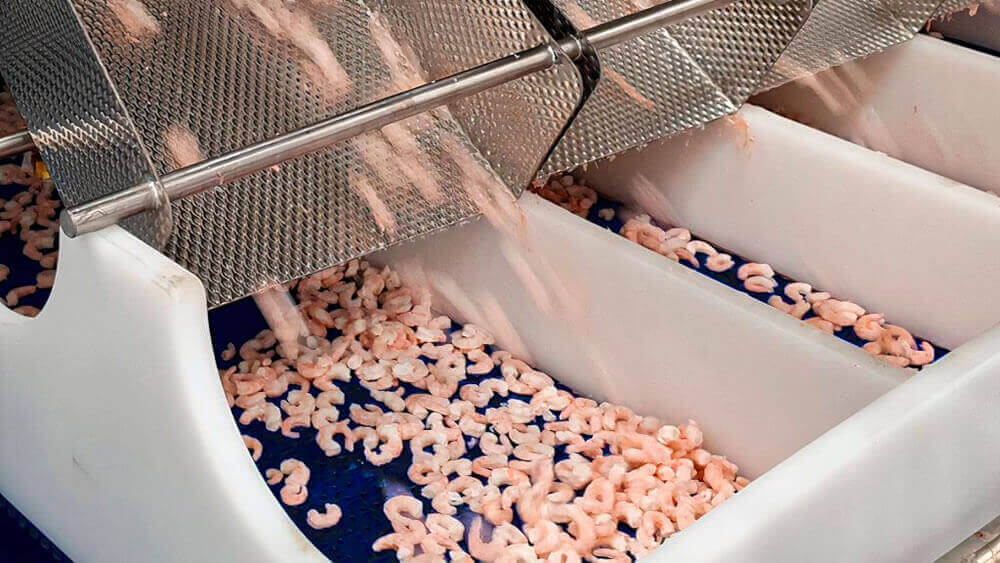Top Refrigeration Equipment Manufacturers for Your Business Needs
The Role of Refrigeration Equipment Manufacturers in Modern Industry
Refrigeration equipment manufacturers play a crucial role in many aspects of modern life, from preserving food to enabling efficient industrial processes. With the growing demand for cooling solutions across various sectors, these manufacturers are at the forefront of technological innovation and sustainability efforts. As global temperatures continue to rise due to climate change, the significance of advanced refrigeration technologies has never been more pronounced.
The Importance of Refrigeration
Refrigeration is essential in numerous industries, including food and beverage, pharmaceuticals, and chemical processing. In the food sector, refrigeration equipment helps maintain the freshness of perishable goods, extending shelf life and preventing foodborne illnesses. Markets depend on reliable refrigeration systems to keep products like dairy, meat, and frozen foods at safe temperatures. Similarly, in the pharmaceutical industry, precise temperature control is vital for preserving the efficacy of vaccines and medications.
Evolution of Refrigeration Technology
Historically, refrigeration technology has evolved significantly since its inception. The first refrigerators relied on natural ice or ammonia as cooling agents. With the advent of electricity in the 19th century, the industry began adopting mechanical refrigeration systems, which dramatically improved efficiency and accessibility. The introduction of environmentally friendly refrigerants in recent decades represents another significant advancement. Manufacturers today are focused on minimizing the environmental impact of their products by developing systems that use low Global Warming Potential (GWP) refrigerants.
Key Players in the Industry
The refrigeration equipment manufacturing industry features a mix of established giants and innovative startups. Major players like Carrier, Daikin, and Trane dominate the market but face competition from a range of new companies offering niche solutions. Many manufacturers are investing heavily in research and development to create energy-efficient and environmentally friendly products. For instance, companies are incorporating smart technologies, such as IoT sensors and AI-driven analytics, to optimize the performance of refrigeration systems. These advancements enable predictive maintenance, improving the longevity of equipment and reducing operational costs.
refrigeration equipment manufacturers

Sustainability Initiatives
Sustainability is a pressing concern for refrigeration equipment manufacturers, given the significant energy consumption associated with cooling systems. The Transition to Renewable Energy (TRE) initiative aims to reduce the reliance on fossil fuels, encouraging manufacturers to innovate in their energy sourcing. Utilizing solar, wind, and other renewable sources to power refrigeration systems can significantly cut carbon emissions. Moreover, manufacturers are exploring energy recovery systems that capture waste heat from refrigeration processes and repurpose it for heating or additional cooling.
The Future of Refrigeration Manufacturing
As we look to the future, the refrigeration manufacturing industry is poised for further change. The increasing awareness of climate change demands that manufacturers adopt more sustainable practices. Advanced technologies, such as thermoelectric refrigeration and magnetocaloric effects, hold promise for the next generation of cooling systems. These technologies could revolutionize the industry by offering more efficient and environmentally friendly alternatives to traditional refrigeration methods.
Additionally, the integration of automation and robotics in manufacturing processes is likely to enhance efficiency and reduce production costs. Manufacturers will need to adapt to changing market dynamics, driven by consumer preferences for sustainable and high-performance refrigeration solutions. As regulations surrounding refrigerants and energy efficiency become more stringent, those companies that prioritize innovation and sustainability will likely lead the way.
Conclusion
Refrigeration equipment manufacturers are a vital component of the global economy, impacting many sectors and playing a significant role in addressing the challenges posed by climate change. Their commitment to innovation and sustainability will shape the future of refrigeration technology, ensuring that it continues to meet the needs of society while minimizing environmental impact. As we move forward, collaboration between manufacturers, governments, and consumers will be necessary to drive progress toward a more sustainable and efficient refrigeration landscape.
















































































































